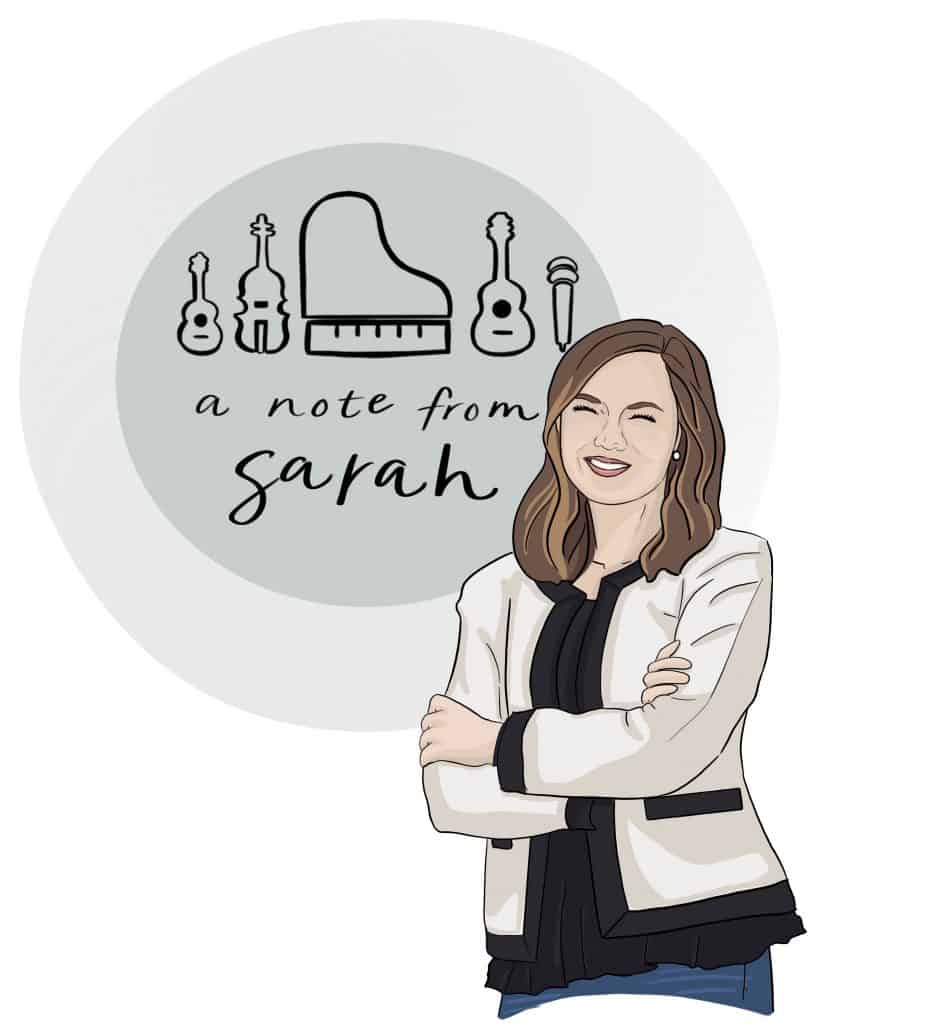
We live in a world filled with more choices and opportunities than ever before. Need a new mattress? There’s dozens of online options for every type of bedding. What’s for dinner? You can get just about anything delivered—from your groceries to a five-course meal. We’re no longer limited to what’s nearby or available in stores, because with a little searching we can find and customize just about anything.
While it’s great to have options, there’s actually a psychological downside associated withthe availability of too many choices. Ever find yourself overwhelmed by all the options for a single product on Amazon? Or wonder if we really need 17 different brands of granola at the grocery store?
Psychologists sometimes refer to this phenomenon as “overchoice,” or “choice overload,” phrases used to describe the point when an abundance of choice actually makes it harder, not easier, to make informed decisions. And beyond just feeling stumped at the grocery store, overchoice can make parenting our kids difficult as well. Because just like there’s a million types of cereal, there’s a wealth of learning opportunities, activities, and classes available for our kids.
If you’re feeling the stress of choice overload when it comes to your child’s extracurricular activities, you might find yourself wondering if you should pull your kid out of music lessons in favor of another activity, or even multiple activities. Maybe both you and your student are feeling discouraged by their lack of fast progress. Music lessons are an exercise in patience, and it can be tempting to drop lessons in favor of a fast-paced extracurricular where the “results” can be seen after a single session.
While we support every parent in their ability to know what’s best for their kids and their families, we also want to change the narrative around music lessons, focusing less on instant results and more on making the long-term commitment necessary to learning a new instrument. We’ve started using the age-old metaphor “it’s a marathon, not a sprint,” to describe our philosophy, and we think it does wonders in combating the stressors of “overchoice.”
When families decide to treat music lessons as a long-term commitment rather than” just another option,” they give their children the unique opportunity to develop a lifelong skillset rather than a momentary accomplishment. No, a new student won’t develop instant musical abilities after a month of lessons—that’s the “sprint mentality,” and we want to train “marathon musicians.” Because when students and parents treat music lessons as lifestyle and not just a 30-day trial, they learn to appreciate growth over the illusion of “perfection,” they practice patience as they overcome challenges, and they gain a special kind of self-confidence that only comes after time and prolonged experience. We strongly encourage our new students and their parents to see music lessons as “the choice,” a permanent part of their family culture, and a long-term commitment. Of course, that involves balancing lessons alongside other activities, but in a world of choice overload, the ability to make a decision and stick with it is one of the very best gifts we can give ourselves and our families. Music is an investment, and it’s never been more important to teach ourselves and our children how to invest wisely and with the future in mind.